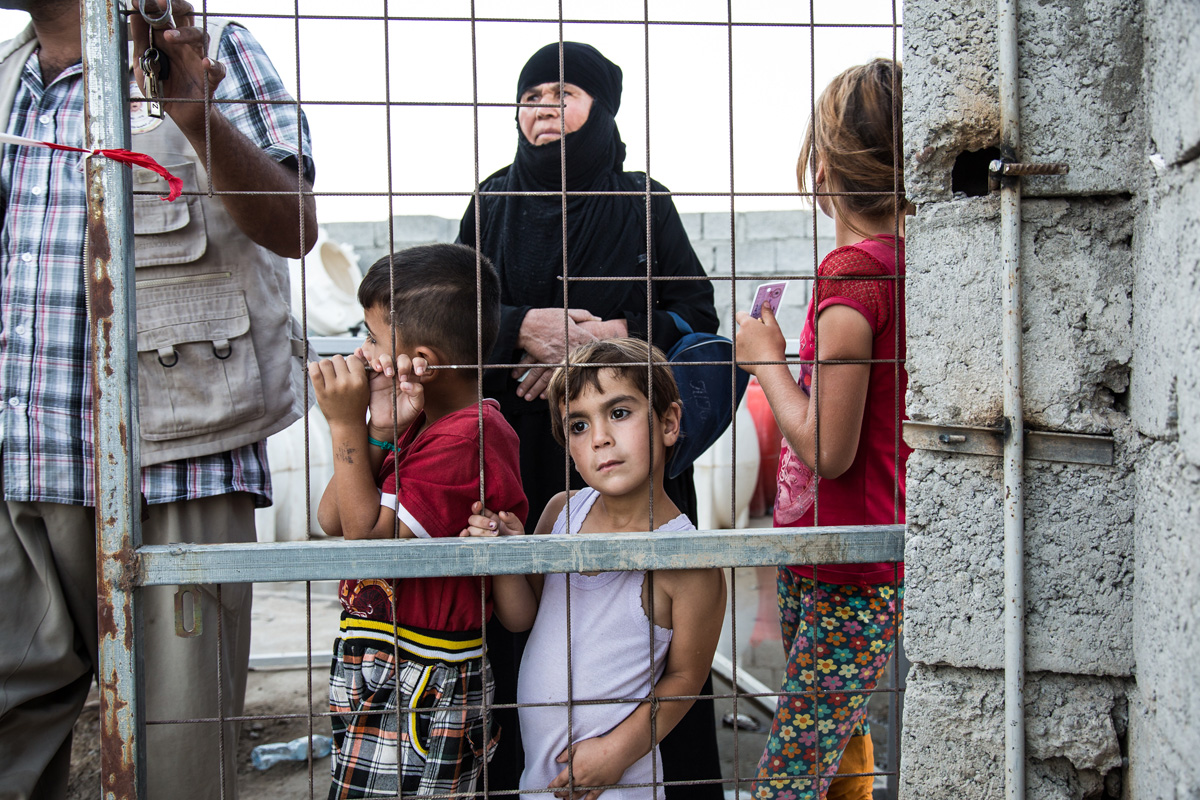-
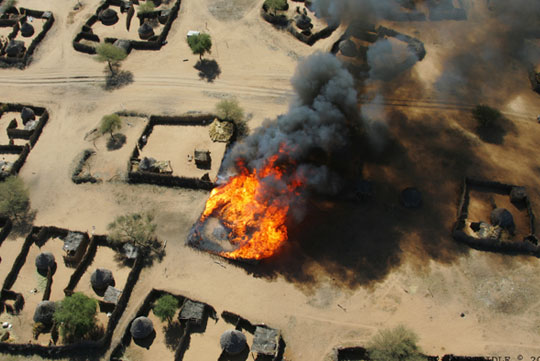
Second Chance for Genocide Charges Against Bashir
February 4, 2010
Appeals judges at the International Criminal Court (ICC) have reversed a decision of the Pre-Trial Chamber of the ICC not to include genocide in the charges against Sudanese President Bashir. The Pre-Trial Chamber will have to reconsider anew the charges, which include three counts of genocide.
-
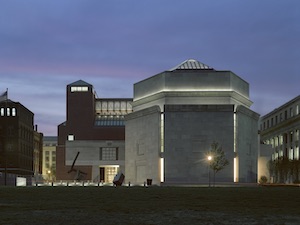
Looking Out for Continued Peace in Burundi’s Future
January 25, 2010
In a little over five months, on June 28, 2010, Burundi will vote in presidential elections that will test the strength and endurance of the nation's fledgling peace process. Unlike the 2005 election, this one will be a direct election by all voters, not by parliament. The elections come as a significant marker for this country that -- once known for violence -- now rarely reaches the headlines.
-

Preventing Genocide: A Conversation with Ambassador Susan Rice
January 22, 2010
On December 10, the Museum hosted a special program with U.S. Permanent Representative to the UN Susan Rice. Michael Abramowitz, Director of the Museum’s Committee on Conscience, interviewed Ambassador Rice, discussing her work at the UN and her experiences working on issues of genocide and mass atrocities.
-

Living on the Fringes: Roma in Europe Today
January 14, 2010
On Februrary 23, 2009, Robert Csorba and his four-year-old son Robert, Jr. were shot dead as they ran from their burning home that had been firebombed in Tatárszentgyörgy, Hungary. The attack became the latest in a series that involved Molotov cocktails to set ablaze houses that belonged to Romani families. According to Human Rights First, these attacks "reveal a widespread pattern of violence that is often directed both at causing immediate harm to Roma -- without distinction between adults, the elderly, and small children -- and physically eradicating the presence of Roma in towns and cities in several European countries."
-

Untangling the Complexities: Background to the Congo
January 6, 2010
The Democratic Republic of the Congo has suffered two wars since 1996. At its height, the second war involved the armies from seven African nations and multiple rebel groups. According to the International Rescue Committee, an estimated 5.4 million people died between 1998 and 2008, most from preventable diseases as a result of the collapse of infrastructure, lack of food security, displacement, and destroyed health-care systems. The formal conclusion of the war in 2003 did not bring an end to conflict in the region.
-
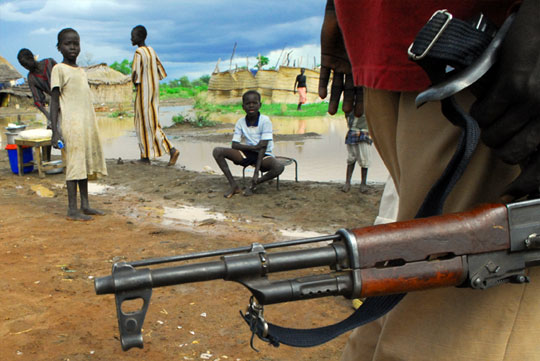
“Mass graves? We’ve never had mass graves.”
December 22, 2009
The year 2009 was the most violent South Sudan has seen since the signing of the 2005 peace agreement, with the death rate higher than in Darfur. In clashes far more serious than simple cattle raids, villages -- rather than cattle camps -- have been attacked and women and children targeted. "Violence is surging," reports Medecins Sans Frontieres. "Plunging people from one disaster to the next." UN officials have noticed an unusual "ease and availability of ammunition" in the region, which suggests an influx of weapons, possibly from northern Sudanese officials interested in breeding chaos in the south.
-

Preventing Genocide: A Conversation with Susan Rice
December 11, 2009
Last night in a special program at the Museum, Ambassador Susan Rice, the U.S. Permanent Representative to the United Nations, made clear that the U.S. government has adopted benchmarks by which it will measure whether Sudan is making progress in meeting humanitarian and other obligations -- and they will be assessed quarterly. There has been some ambiguity about whether such benchmarks existed. The benchmarks are very specific and have been agreed on by "the highest officials, including the President of the United States, and by us at the principals level," Rice said. The status quo in Sudan, Rice insisted, was inherently unacceptable. Asked whether there had been consequences for the perpetrators in Darfur, Rice replied, "Not enough."
-

New Details Emerge About Atrocities in Guatemala
December 4, 2009
We often hear about genocide in Rwanda and Bosnia, but how much do you know about the acts of genocide that occurred in Guatemala? Thanks to recently released documents, which reveal new details about government-perpetrated atrocities against Mayan communities in the 1980s, we now have an opportunity to learn more.
-
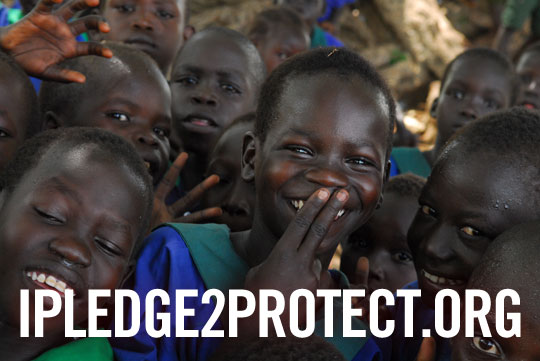
Pledge to Prevent Genocide!
December 1, 2009
The Committee on Conscience at the U.S. Holocaust Memorial Museum is working with the Genocide Intervention Network on a new initiative to build support across the country for genocide prevention. From December 1-7, thousands of people will pledge to join the movement to prevent genocide. Add your name to the movement and encourage your family, friends, and communities to get involved. Pledges can be signed online at http:///www.ipledge2protect.org, where you can find more information on this initiative and how to get involved.
-
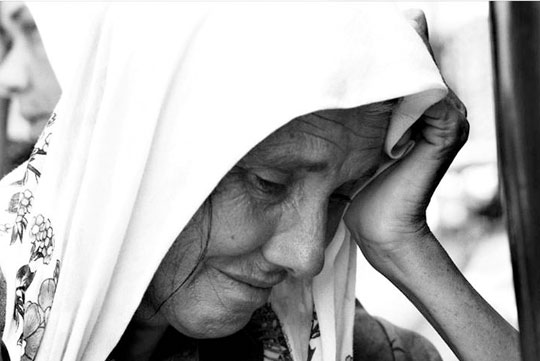
Newly Added Photographs Show the Realities of Violence in Darfur and Srebrenica
November 23, 2009
We've recently published two new online galleries focusing on Darfur, Sudan and Srebrenica, Bosnia. Although the photographs emphasize the realities of very different conflicts, they reveal common experiences of trauma, loss, and displacement in the aftermath of genocide.
